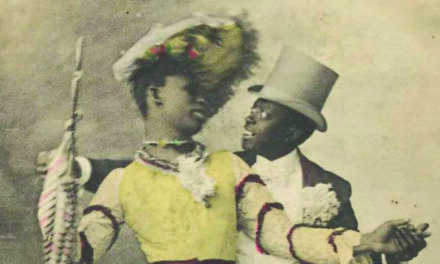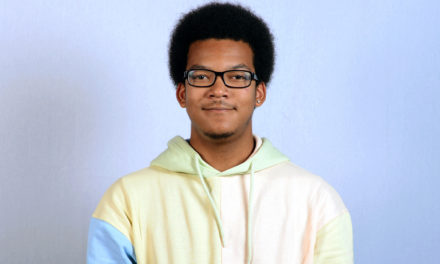Recently, I read the book “Nightb*tch” by Rachel Yoder. “Nightb*tch” follows an unnamed mother who believes she’s turning into a dog. This transformation is the result of the pressure she feels from motherhood and her completely unsupportive husband. So, the obvious conclusion one would have is that she’s insane. The mother has cracked under pressure but that makes her story enjoyable.
The mother in “Nightb*tch” falls under the trope people have begun referring to as the unhinged woman. In social media spaces, there seems to be an increasing demand for absolutely deranged and messy women. The unhinged woman is typically in her head, reckless, self-destructive, chaotic, immoral, selfish and so on. This trope covers such a wide range of characters. Cassie from “Euphoria”, Devi from “Never Have I Ever” and Amy from “Gone Girl” all technically fit into the unhinged woman trope.
I think there are many reasons why women, especially younger women, are attracted to unhinged women. For starters, this trope seems to be a response to the girl boss trope. Girl bosses have it together. They’re confident, logical and know what they’re doing. The unhinged woman is insecure and emotionally charged, making them seem more human and relatable to their audience. People are tired of the typical success stories. They want to see someone completely fall and then slowly recover with visible scars from the fall.
The current reception of these tropes could also have a lot to do with how they are written. The girl boss trope is usually portrayed in realistic fiction and can sometimes come off as very tone-deaf because her magic way to success is to just “work hard”. The trope is overdone. The unhinged woman is usually written in dramedies or dark comedies. Both of the previously mentioned genres have had somewhat of a resurgence.
By putting an unstable character in a comedic situation, it makes it easier for the audience to watch them and relate to them. A lot of women view the unhinged woman as being similar to the voice in the back of their head. She explores the things that one may keep hidden such as weird hobbies and interests. She puts a spotlight on her rage and sadness while women in the real world must hide it until they are alone. Reading or watching these characters can be cathartic for some as they make them feel less alone.
How do I feel about the unhinged woman trope? Well, I’m 50-50. On one hand, accurate representation requires different types of people to be shown with different personalities, even if they are the most immoral and foul people on earth. I also enjoy seeing women being emotional and messy in books, films and television. Seeing someone letting it all out in the most dramatized ways is refreshing.
On the other hand, I think that simply referring to a character as an unhinged woman (and this is something that can be applied to many other tropes) deletes the “why” and focuses solely on the “what”. Let’s go back to “Nightb*tch”. If you focus solely on what the mother is doing that makes her unhinged i.e thinking that she is a dog and behaving like one, then you lose what made her behave that way. By going, “haha she’s crazy and thinks she’s a dog, ” you ignore the stress she faces from motherhood and her husband’s scrutiny. I also find it annoying that negative or more shocking characters are always the ones seen as being the most real. Why can’t happiness and success also be viewed as obtainable?
Characterizing every single woman that shows a negative emotion or makes a bad decision as the unhinged woman makes the name lose its weight and creates a negative stigma around women’s emotions. Someone shouldn’t be viewed as unhinged because they had a breakdown. Ironically, the thing that often leads to the woman becoming unhinged is the widespread downplaying of women’s emotions. I also find the romanization of these characters very concerning. They are not something to aspire to. The unhinged woman is representative of you at your lowest point and is someone you want to grow from.
The unhinged woman opens up many possibilities for plots and character development. She also opens the floor for discussions around femininity and misogyny. Despite my personal feelings about the trope, I think the unhinged woman will always make for an interesting read or watch.





